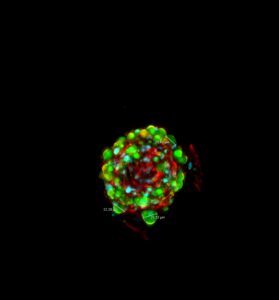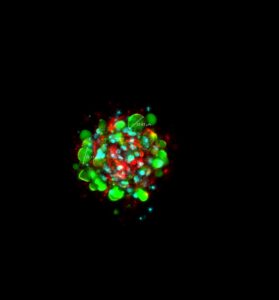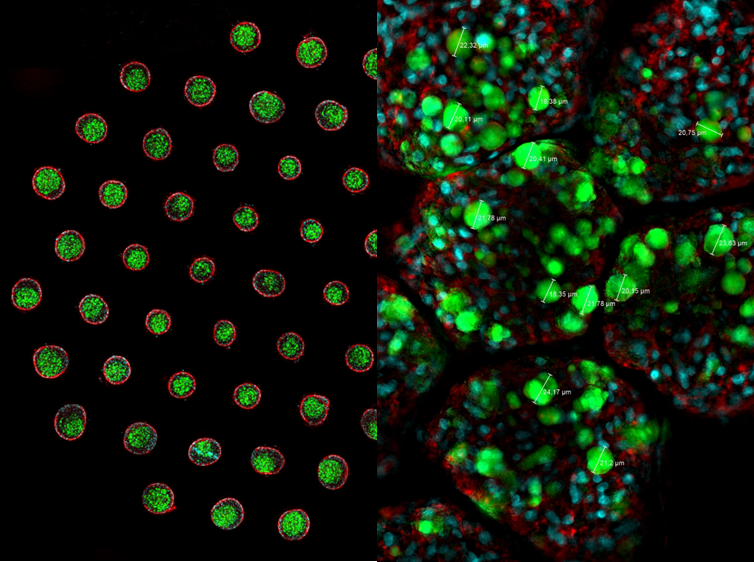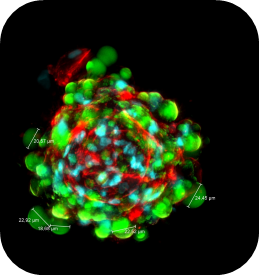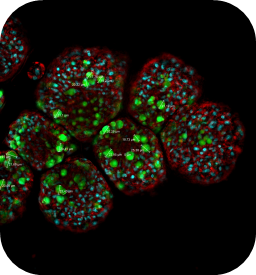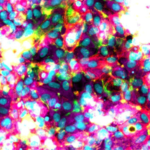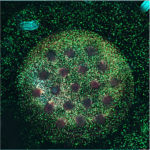AdipoPlate: mature adipose organoids plate
Highly standardized human adipose organoids in PDMS-free multi-well plate for metabolic disease drug screening
True Unilocular White Adipocytes
Our technology provides mature, unilocular adipocytes aligned with human WAT biology, delivering translatable endpoints for obesity, T2D and other metabolic disease.
Human 3D Organoids as NAM for real life applications
3D tissue-like technology improves biological relevance and in vitro–to–in vivo correlation
Assay-Ready, Standardized & Scalable
Pre-cultured, QC-validated organoids in 24-well PDMS-free plates with >500,000 cells/well, ready for high-Content screening.
ASC & SVF Options for More Use-Cases
ASC models for lipid metabolism or insulin-resistance assays; SVF-derived organoids to capture stromal heterogeneity. Choose your source to fit your research needs.

Specifications
Biology
Viability & Size homogeneity

Size distribution is homogeneous, with less than 5% mortality during shipping. The AdipoPlate organoids are growing after the relieving protocol up to 5-10 days.
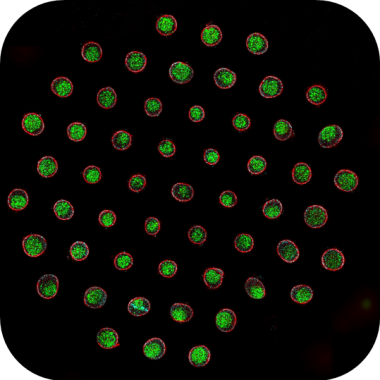
Why choose our AdipoPlate?
Functional Phenotyping
Recreate key adipocyte physiology for fast, human-relevant functional readouts through high content screening (imaging, -omics, secretome analysis, AI/ML integration and more):
- Glucose metabolism & insulin resistance
- Lipid metabolism & catabolism
- Bioaccumulation
- Mechanism of action
Drug discovery
High-density organoids deliver abundant human biomaterial for multi-omics insights that drive target discovery and biomarker validation:
- Gene expression
- Protein of interest
- Metabolites
- Lipidomics
Use cases: validate new drug targets, confirm biomarkers in a human-relevant model, or deconvolute compound mechanisms with integrated omics.
Metabolic re-programming & Beiging
Evaluate compounds that restore metabolic balance or activate thermogenic pathways to boost energy expenditure:
- Homeostasis
- Beiging/Thermogenesis
- Pathway modulation
Use cases: screen insulin sensitizers, identify pro-thermogenic agents, or validate metabolic reprogramming strategies for obesity.
Applications
Usable in your pharmaceutical research for the following:
- Target validation
- Lead indentification
- Lead optimisation
- Preclinical Safety
- ADME
- PKPD
- Tox efficacy
- Clinical translation
Our other Organ Models
Frequently Asked Questions
No, our OrganoidPlates come precultured and loaded with your organoids of interest. Upon reception our plate is ready for assay after a half-day release protocol. This allows you to quickly start testing and not delay your experiments.
Our OrganoidPlate production methods do not natively include extracellular matrix. However, you can test using your own extracellular matrix after the release protocol (collagen-based reccomended).
On our custom options, you can select up to 5 cell types including:
- Organ-specific/Parenchymal cells (e.g: Adipocyte)
- Immune cells (e.g: Macrophages, Dendritic, Monocytes)
- Endothelial cells (e.g: HUVEC, CAEC, AdEC)
- Stromal cells (e.g: Fibroblasts, CAF, Adipocytes)
- Mesenchymal stem cells (e.g: ADSC)
You may aditionally choose your cell type ratios to best fit your purpose.
Our OrganoidPlate is currently only available in a standard 24 multiwell plate format.
Our main competitive advantage is being able to ship at room temperature enabling significantly lowered costs and logistical complexity of transport.
Depending on the type of plate, storage is possible from 3 days (AdipoPlate) to 14 days (MSC-based plate) at room temperature before the release protocol.
We do not recommend freezing the plates to avoid significant and massive cell death.
We offer two human cell origins, both yield mature unilocular adipocytes in 3D organoids:
- ASC-derived organoids (Adipose-derived stromal/stem cells): It ensures adipocyte-centric assays (lipogenesis, insulin signaling/insulin resistance, target/MoA) with high signal-to-noise and straightforward screening.
- SVF-derived organoids (Stromal vascular fraction): Includes native stromal cells (preadipocytes, endothelial, immune, etc.) to capture tissue heterogeneity. Best for crosstalk questions (inflammation, fibrosis, vascular/adipokine signaling) and combination mechanisms.
Not sure what you need? Tell us your context-of-use and we’ll guide you to the right model.
They Trust Us
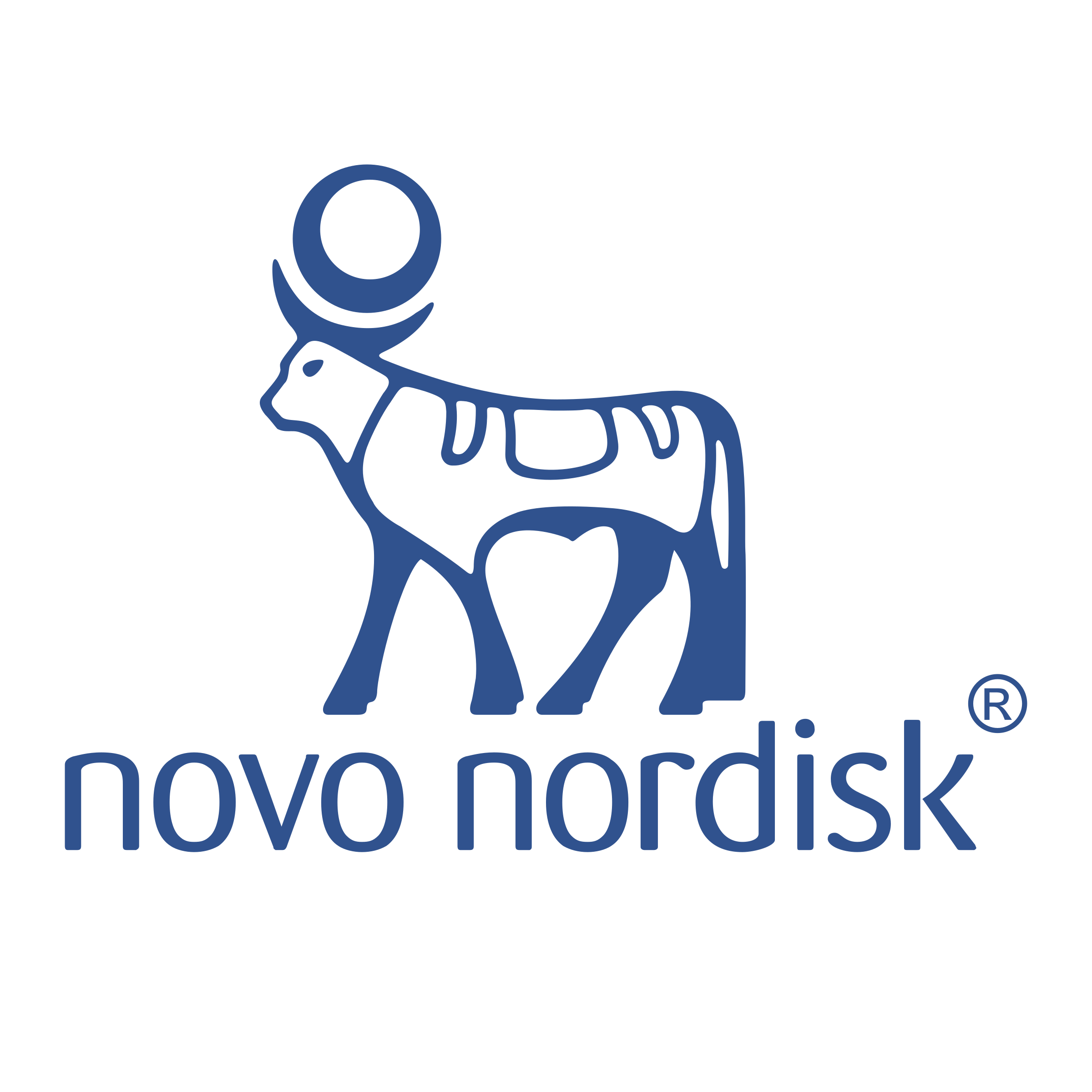

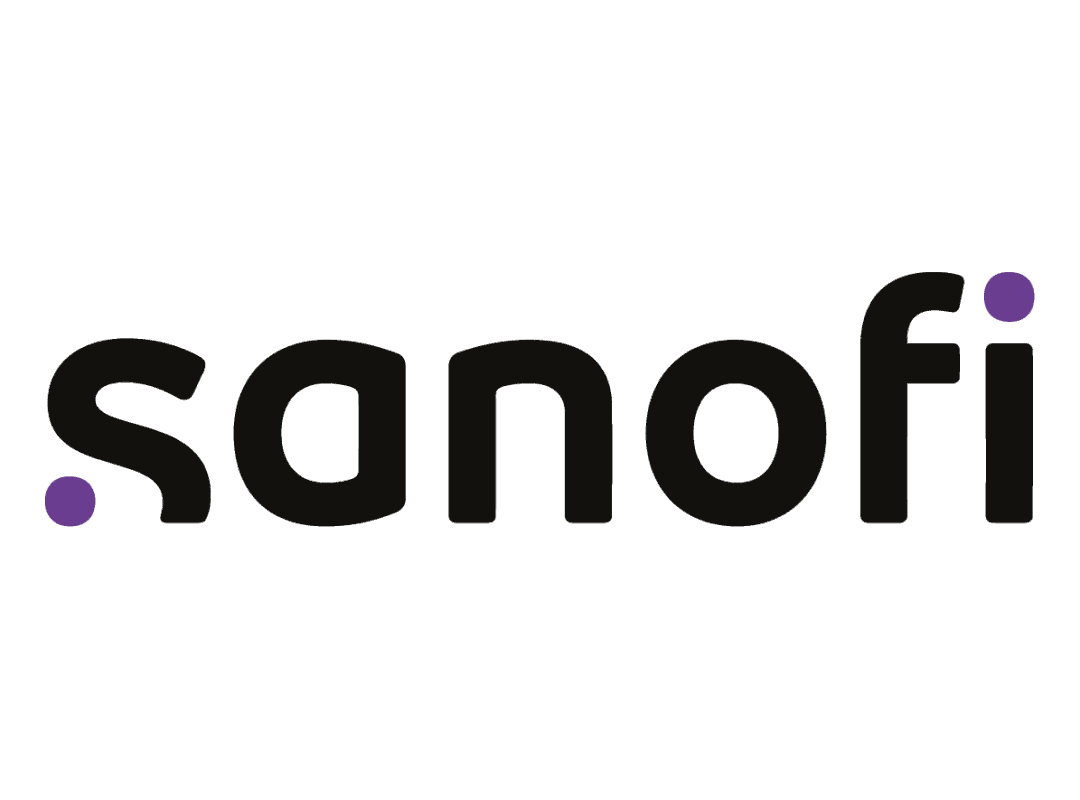
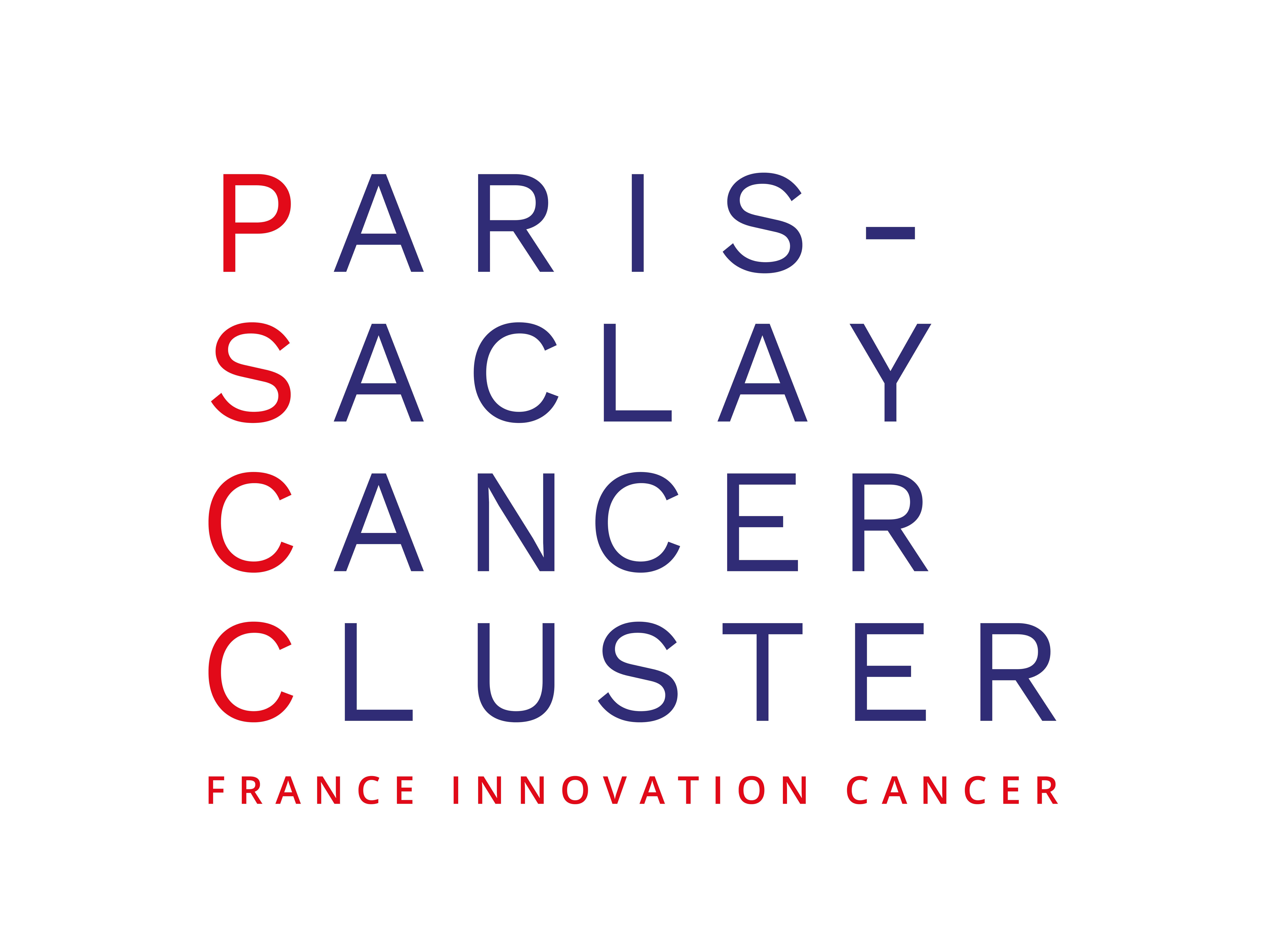
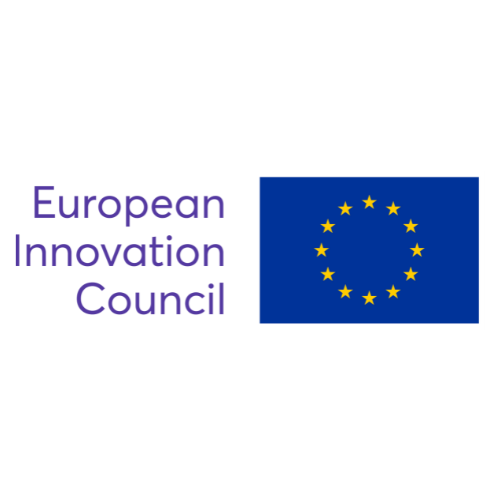
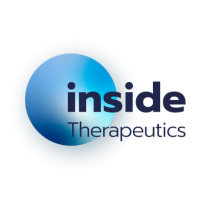
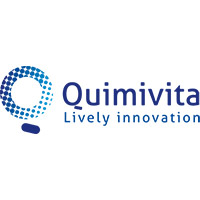
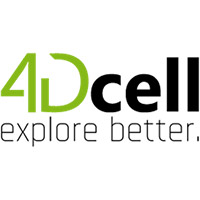
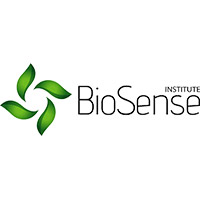
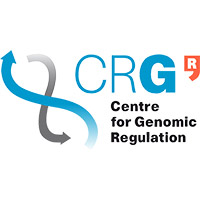
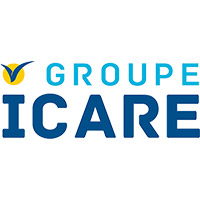

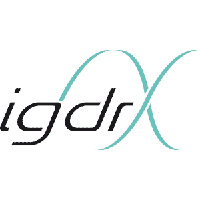
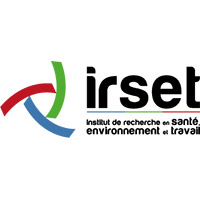
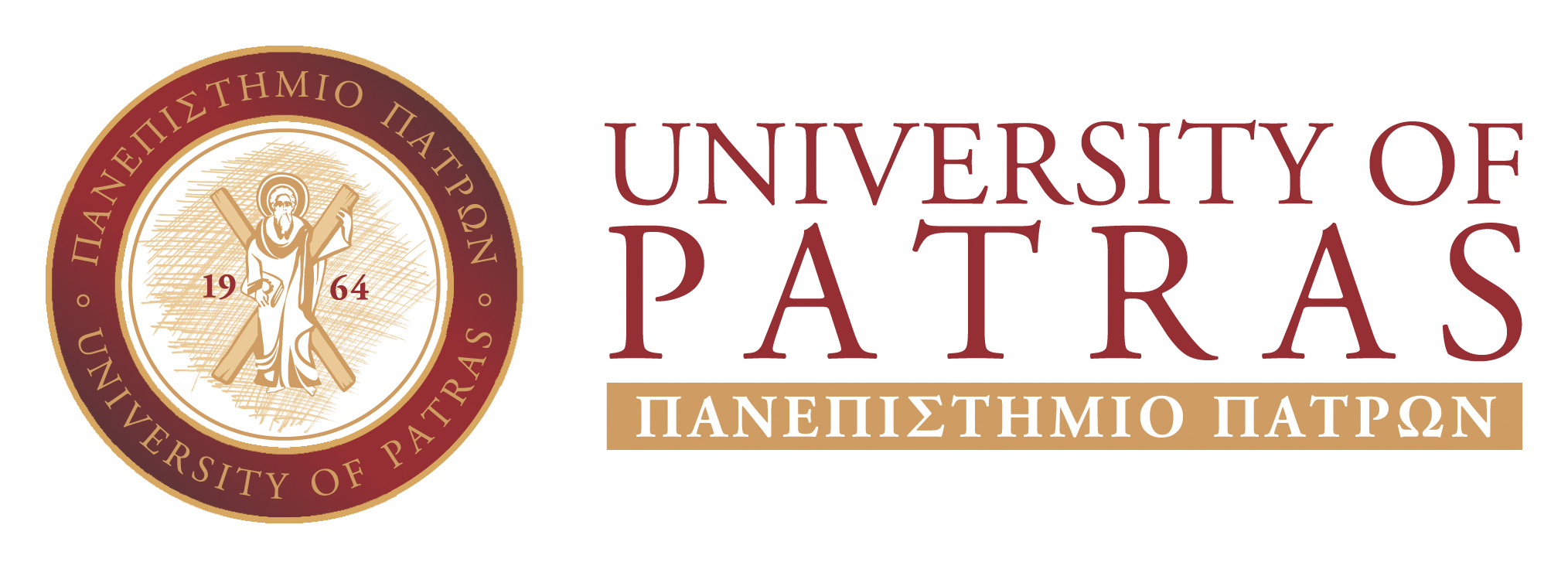
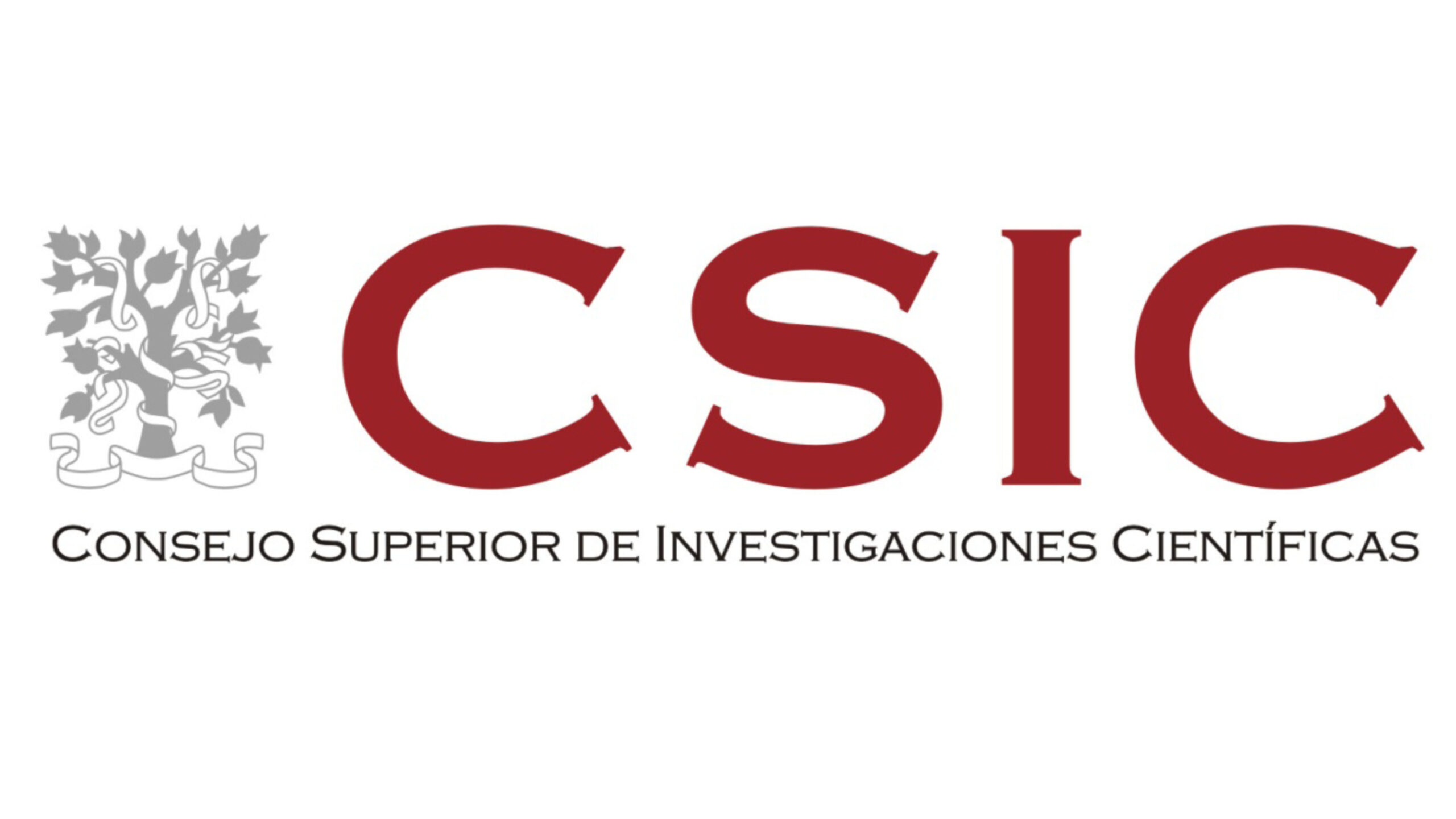
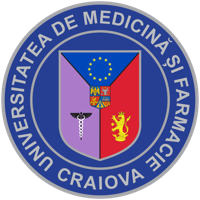


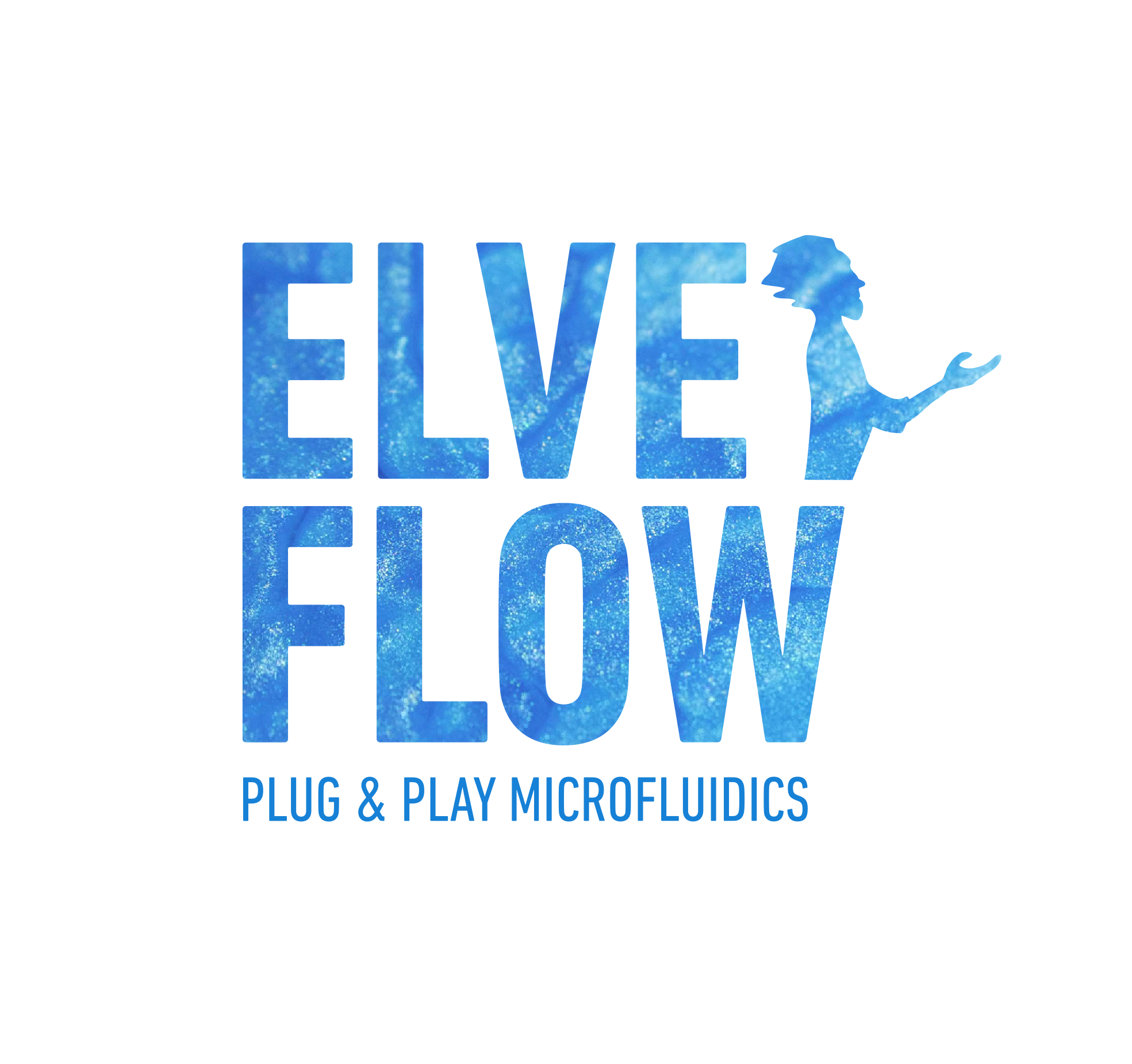
Ready to Accelerate your research?
Get in Touch
contact@cherrybiotech.com
Phone
(+33) 9 87 04 70 35
Why Researchers Choose Us
- Proven track record in organoid technology
- Expert scientific support team
- Fast and reliable delivery
Looking for a more hand off experience?
Cherry Biotech’s CRO service is a step by step process designed to provide customers with accurate and reliable invitro data for drug development. Our 3D CRO service offers a diverse portfolio of biology models to improve the likelihood of success in your clinical trials.


